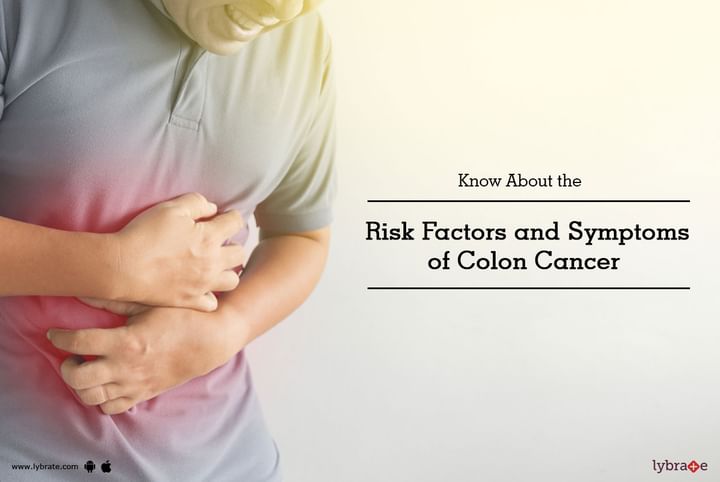Know About the Risk Factors and Symptoms of Colon Cancer
Cancer is a deadly disease, and exists in more than 200 forms. It is caused because of uncontrolled growth of damaged cells. Cancers are named on the basis of their origin, colon cancer being one of them. Colon is also known as the large intestine, which is a part of the digestive system.
The main cause behind colon cancer is not very clear. However, what you must know is that there are certain factors that put you at a greater risk of suffering from this fatal disease.
Factors that increase the risk of colon cancer are:
-
Age: Regular screening is recommended after the age of 50, because as you age, the gut health gets affected.
-
Family History: If someone in your blood relation had colon cancer, it doubles your risk. Certain conditions, like colon polyps or ulcerative colitis may also lead to it.
-
Unhealthy diet: A diet that is high in fat content and low on fiber can impact your colon health.
-
Poor lifestyle practices: Smoking, heavy consumption of alcohol and a sedentary lifestyle can further increase the risk.
-
Metabolic disorders: Being diabetic or obese puts you at a greater risk, as compared to those who have a healthy weight.
Signs and symptoms of colon cancer
Knowing the signs and symptoms of colon cancer will ensure that your condition is brought to doctor’s notice immediately and the required treatment is started. Note that the signs of this disease may not be very evident initially and may not even appear for a long time. But you shall be able to notice the signs, once the disease progresses. Also, they may vary depending upon the location and the stage of colon cancer.
Few common symptoms of colon cancer are:
-
Changes in the bowel movement or stool consistency
-
Blood in the stool, or pain during bowel movements
-
Cramps, abdominal pain or bloating
-
Weakness and fatigue
-
Unintentional or unexplained weight loss
-
Irritable bowel syndrome (IBS)
So, cut down your risk of colon cancer by leading a healthy lifestyle like not eating unhealthy food, saying no to alcohol, among others. Additionally, regular health check-ups after the age of 50 are highly recommended, as this may help in early detection of the cancer.


+1.svg)
